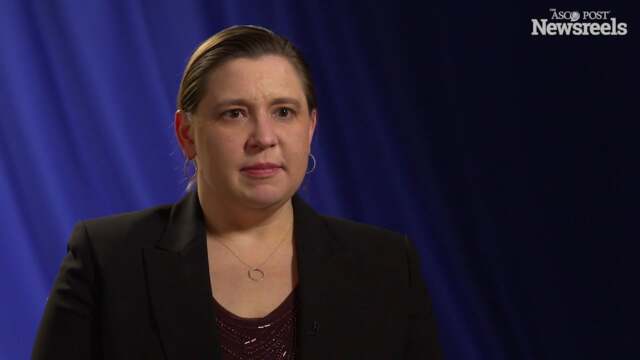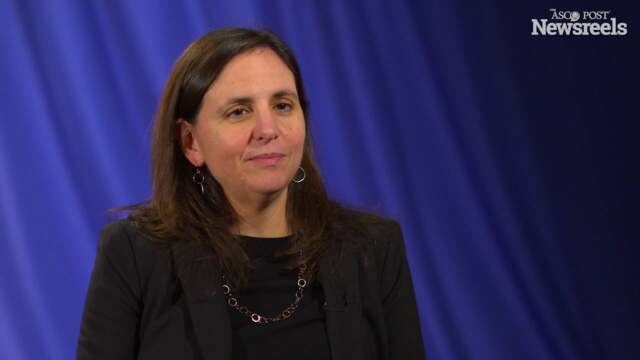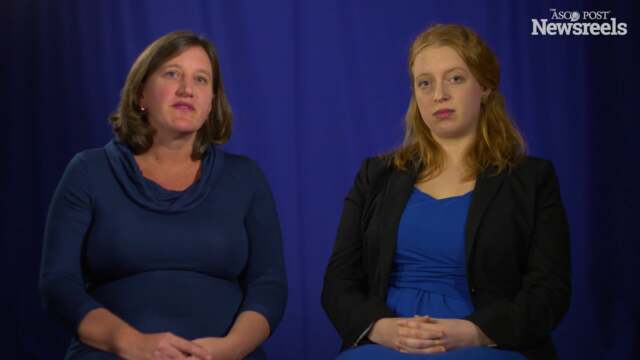Betty Ferrell, PhD, RN, on Depression and Cancer Care
2015 Palliative Care in Oncology Symposium
Betty Ferrell, PhD, RN, of City of Hope, discusses two papers that look at an important issue from different perspectives: depression and anxiety among family caregivers of patients with advanced cancer, and the link between oncologists’ dispositional affect and depressive symptoms in their patients with metastatic cancer (Abstracts 224, 214).
Lawrence H. Einhorn, MD
Lawrence H. Einhorn, MD, of Indiana University Simon Cancer Center, discusses the encouraging study findings on olanzapine for prevention of chemotherapy-induced nausea and vomiting in patients receiving highly emetogenic chemotherapy (Abstract 176).
Judith Paice, PhD, RN
Judith Paice, PhD, RN, of Northwestern University, reviews the current principles on assessing and treating neuropathic pain in cancer.
Kathleen Elizabeth Bickel, MD, MPhil
Kathleen Elizabeth Bickel, MD, MPhil, of the White River Junction VA Medical Center, discusses the ASCO/AAHPM Guidance Statement, which will help oncology providers enhance their delivery of palliative care (Abstract 108).
Jennifer S. Temel, MD
As Steering Committee Chair of this year’s symposium, Jennifer S. Temel, MD, of Massachusetts General Hospital, discusses the goals and highlights of the meeting.
Judith Vick, MD Candidate, and Rachelle E. Bernacki, MD
Judith Vick, MD Candidate, of Johns Hopkins University School of Medicine, and Rachelle E. Bernacki, MD, of Dana-Farber Cancer Institute, discuss a tool that could help clinicians identify seriously ill patients who would benefit from conversations about their goals and values (Abstract 8).





